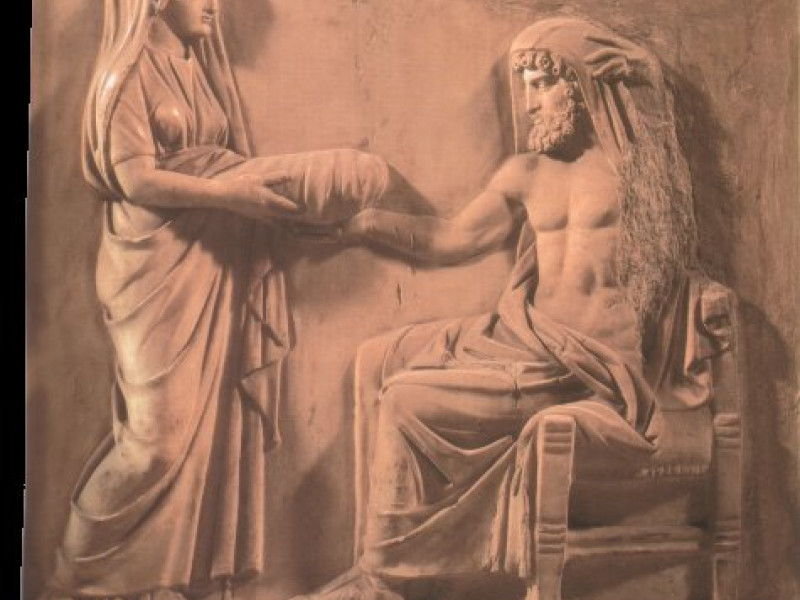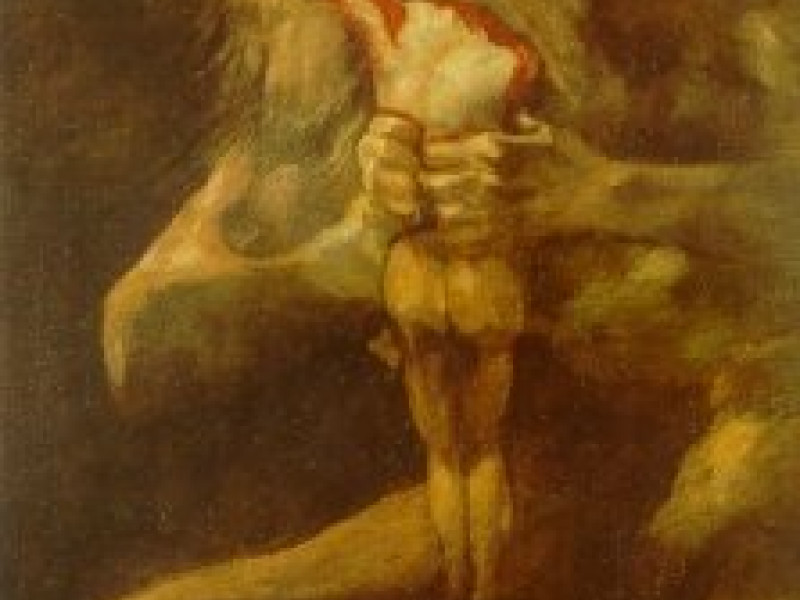Primeval Deities
The Ancient Deities found on this page consist of the primeval beings that came into existence since the beginning of time, and who were involved with the creation of the universe. These are deities who came before the time of the Titans and the Olympians - who include Chaos, Nyx, Gaea, Uranus and many others.
Most of the people are familiar with these primordial beings from Hesiod (the ones I had mentioned earlier). But there are other beings found in the alternative and more obscure creation myths which are not found in Hesiod's accepted myths. They come from various sources, but more notably from philosophy and from Mystery religions.

Hesiod's Primordial Deities
The following are some of the earliest beings who came into existence out of the creation, before the existence of the Titans and the Olympians. Like some of the Titans, some were no more than just personifications and were known only by who their offspring were.
Note that the primeval deities below were more commonly found in Hesiod's creation myths. There are a few deities listed in Other Primeval Beings that come from Orphic or other Greek creation myths.
Also, some authors just referred to these primordial beings not by names but by what they represented, such as Earth instead of Gaea, Heaven instead of Uranus, Night instead of Nyx, etc.
Genealogy
Related Pages
Other Primeval Beings
The following primordial beings or deities come from more obscure mythology such as from the Orphic creation myths.
Please note that some of the deities from more obscure mythology are already listed in the previous section in Hesiod's Primordial Deities, such as Chaos, Nyx, Aether, Eros, Gaea, etc.
Related Pages
By Jimmy Joe






